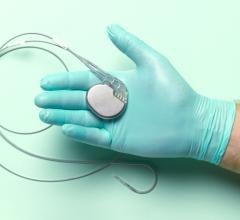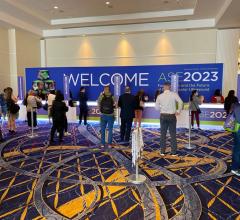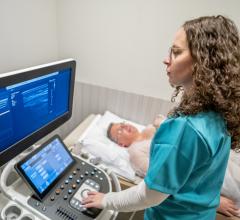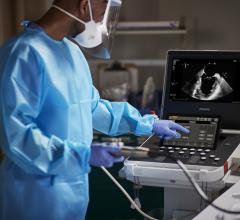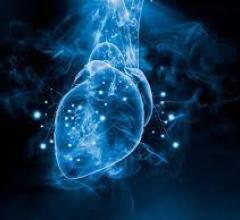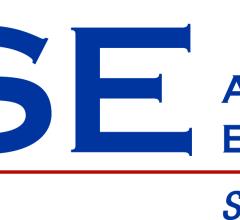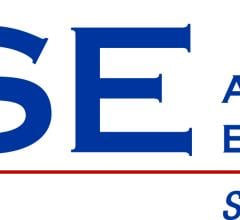
June 15, 2017 – Children who have suffered from cancer may also have lasting side effects from the drugs used in the treatment of cancer, or chemotherapy-induced cardiotoxicity. The use of anthracyclines, very effective chemotherapy drugs, can be limited by development of cardiotoxicity, which has been traditionally monitored by echocardiography. A recent study at Children’s Hospital of Michigan used real-time 3-D imaging to detect early functional abnormalities associated with cardiotoxicity in the hearts of children following anthracycline chemotherapy.
“In our research study, we evaluated heart function of children who had completed anthracycline chemotherapy for cancer using a real-time 3-D echocardiography technique,” said lead author Sanjeev Aggarwal, M.D., pediatric cardiologist at The Children's Hospital of Michigan and Wayne State University School of Medicine, Detroit, Mich. “We found that, an average of five years after chemotherapy, asymptomatic children who had normal volume of the ventricles of the heart and normal ejection fraction, still had significant left ventricular dyssynchrony on the 3D echo. Dyssynchrony is a difference in contraction timing of various heart segments. The ability of this noninvasive bedside technique to diagnose cardiac dysfunction in the subclinical stage, even before abnormalities can be detected on a conventional echo, may open the possibilities of timely intervention and prevention of progression of the cardiotoxicity. Currently, when cardiotoxicity is detected, it can be irreversible. Further longitudinal studies are needed.”
Researchers on the study, Left Ventricular Dyssynchrony and Real Time 3-D Echocardiogram in Children Following Chemotherapy include Sanjeev Aggarwal, M.D., and Gilda Kadiu, RDCS from Children's Hospital of Michigan.
Aggarwal presented a poster based on this research during the recent ASE 28th Annual Scientific Sessions.
Watch the VIDEO "Assessing Cardiotoxicity Response With Cardio-Oncology Echo Imaging." This is an interview with Federico Asch, M.D., FACC, FASE, associate director of the echocardiography core lab at Medstar Health Research Institute and assistant professor of medicine (cardiology) at Georgetown University, at the American Society of Echocardiography (ASE) 2016 annual meeting. Asch discusses the technology used for cardio-oncology cardiotoxcity assessments and how to set up these types of collaborative programs between oncology and cardiology. For more information, read the article Assessing Cardiotoxicity Due to Cancer Therapy.
Read the related article “Assessing Cardiotoxicity Due to Cancer Therapy.”
For more information: ASEcho.org

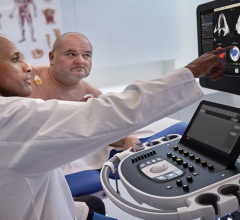
 June 12, 2024
June 12, 2024 

